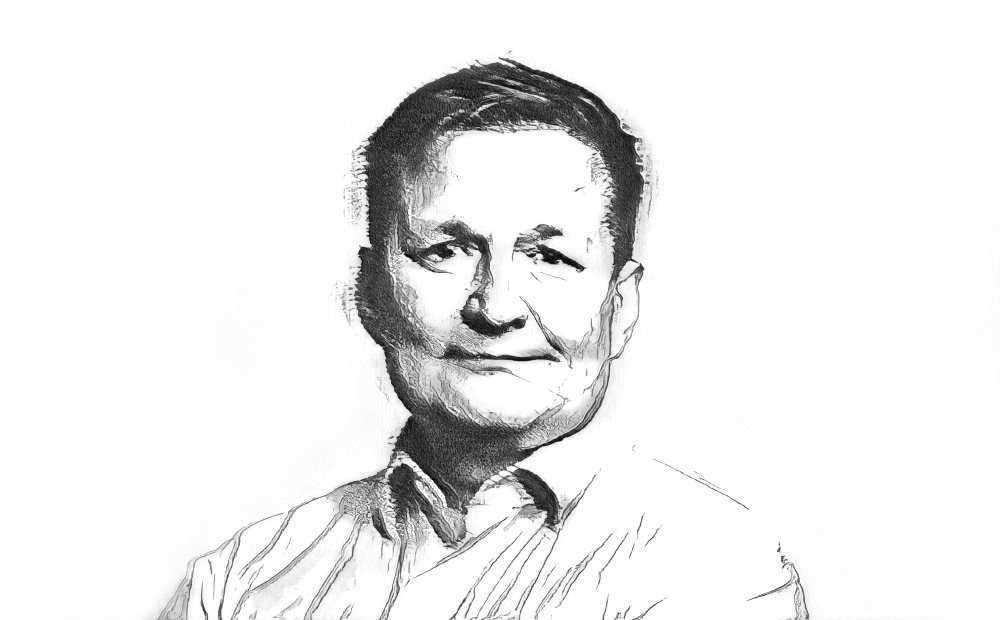Will statistics make costs skyrocket?

In 2019, 71% of packaging waste was recycled in Finland. It was a staggering figure, exceeding the 70% recycling target set for 2030. A year later, the recycling rate had dropped to 61%, and we were suddenly far from meeting our recycling target. What happened?
The EU changed the rules for the compilation of packaging waste statistics in two ways:
- Member States’ statistics had to include their estimates of all packaging waste generated
- Rejects generated at sorting plants and used for energy production (non-recyclable waste) could no longer be included in the recycling rate.
The amount of packaging waste recorded in statistics in Finland increased by 115,000 tonnes and the amount of recycled waste decreased. The amount of waste recorded in statistics increased due to the inclusion of the estimated amount of packaging imported by companies that do not fulfil their obligations (free riders) and generated by companies excluded from the producer responsibility scheme (those with a turnover of less than EUR 1 million) and private persons. This waste was previously excluded from statistics. Thus, this is a completely new statistic that replaces the old one.
But that is not all. According to a recent study by the Finnish Environment Institute (Syke), the amount of packaging waste produced in 2020 was actually 100,000 tonnes higher than the estimated figure and the recycling rate was only 55%. If this is the case, we will need to increase the amount of waste we recycle by more than 150,000 tonnes by 2030. A conservative estimate puts the cost of collecting and recycling a tonne of waste at EUR 200, which means an additional cost of EUR 30 million each year.
Statistics matter because they guide operations. It is worth spending time to ensure that figures are accurate and interpreted correctly. It is also important to make sure that any increase in costs is not passed on to the companies that meet their obligations. All companies can contribute to this by checking that their partners have fulfilled their obligations by joining a producer organisation.
Juha-Heikki Tanskanen
CEO
Finnish Packaging Recycling RINKI Ltd